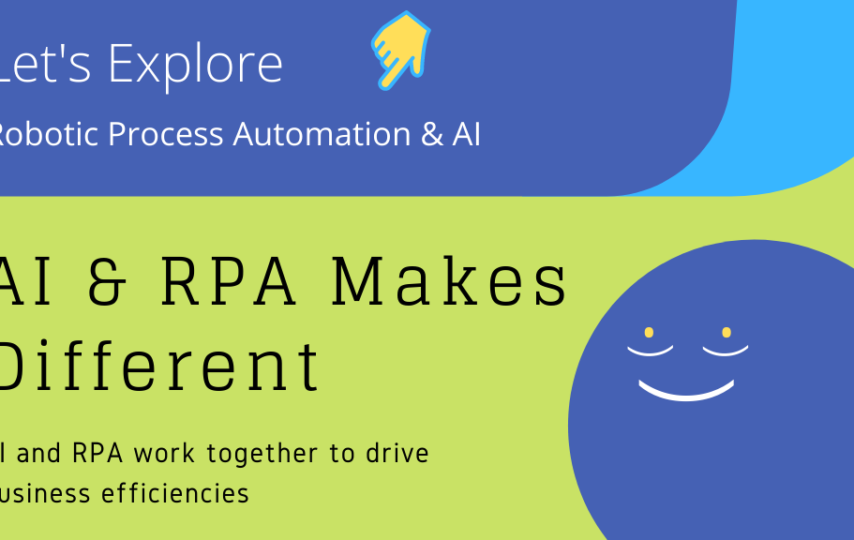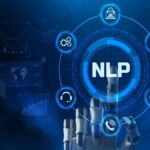Robotic Process Automation (RPA) and Artificial intelligence (AI) are probably two of the most popular modern technologies in the world at the moment. Both of these technologies help the companies to attain the apparently difficult goals of raising production to a new level or completing mundane tasks at a greater pace. Although, there is a lot of discussions related to AI and RPA being the same thing. A plenty of business process automation services providers offer services related to both AI and RPA to businesses. AI and RPA are not the same, but there is definitely a decent relation between the two technologies. In this article, we will explore the differences as well as the relation between RPA and AI.
Artificial Intelligence and other new technologies have a pivotal role to play when it comes to increasing customer satisfaction. RPA is used widely because it has proven to offer many benefits to businesses in terms of reducing repetitive tasks and saving the time of the employees. Just like many other latest technologies, AI and RPA empower companies to effectively reduce operational costs.
Let’s explore Robotic Process Automation (RPA)
RPA is basically all about automating monotonous tasks with the help of software robots. It is considered a productivity tool that enables the users to configure one or more scripts. The scrips are commonly referred to as bots. The main purpose of software robots or bots is to emulate or impersonate certain business processes and tasks. These tasks are a part of the overall business process. With the help of a leading business process automation services provider, companies can identify automation opportunities within the organization and then implement RPA to increase the productivity and efficiency of certain tasks.
Use of software robots or bots
Most of the software robots or bots are programmed to perform logical tasks that won’t need much human understanding. Also, some of the tasks do not require any such knowledge. The bots are programmed to function in a repetitive pattern to complete the activities. For example, if you want to simply input or copy and paste a set of data from one sheet or form to another, that might be done with the help of a bot. In order to make sure that the software robots function as properly and efficiently as they are supposed to, a very clear set of conditions related to the tasks are set and used to program the bots. However, in order to make sure that the organization gets maximum benefits from RPA, the bots have to be continuously monitored and enhanced if possible.
Let’s explore Artificial Intelligence (AI)
Now that we have a good understanding of RPA, it’s time to know more about AI and the difference between AI and RPA.
Artificial intelligence (AI)refers to the computer systems or the solutions that are developed specifically to perform human-like tasks. AI-based systems basically mimic humans. These programs or solutions are capable of intaking data in higher quantities on their own. As per the data, the solution automatically builds the algorithms to determine the best possible ways to perform certain activities. AI-based systems are developed to use advanced analysis as well as machine learning to perform activities. They are capable of automating decisions as well as taking the necessary actions. Several renowned business process automation services providers provide both AI and RPA related services and solutions to the organizations as per their needs.
What makes AI and RPA different?
RPA is mostly about automating repetitive tasks, whereas AI is about using the data and machine learning more effectively. There is a considerable amount of difference between AI and RPA. However, it is of utmost importance to use both technologies to get all the benefits of automation. When it comes to the automation of the business processes, both AI and RPA could be used depending upon the needs. AI and RPA work together to drive business efficiencies. The main purpose of using both technologies is to streamline the activities. With these technologies, the tasks can be performed faster and with higher accuracy.
There could be specific areas where only RPA could be used while there could be somewhere AI can provide benefits. It all depends on the type of work. Thus, it is of utmost importance to seek guidance from the experts in the field of AI and RPA to effectively implement and use these technologies.







